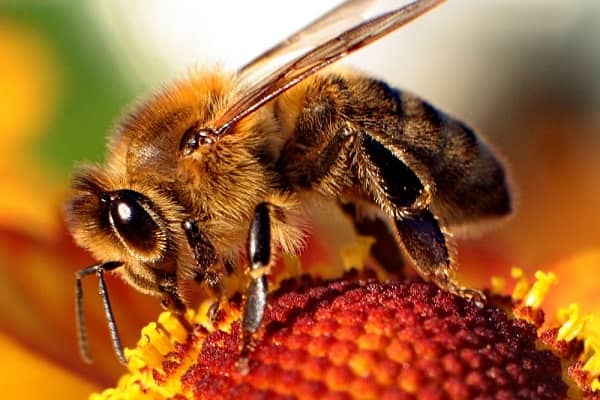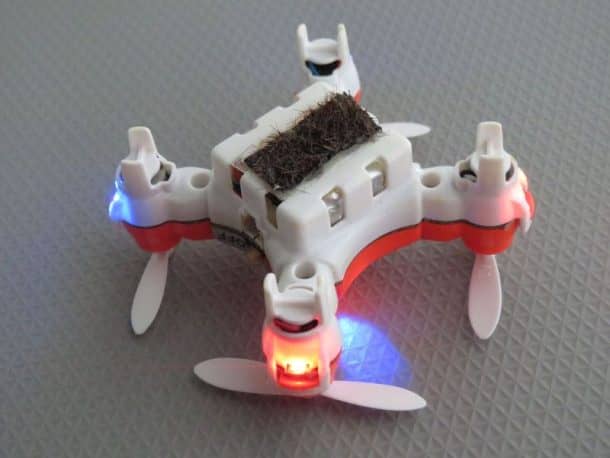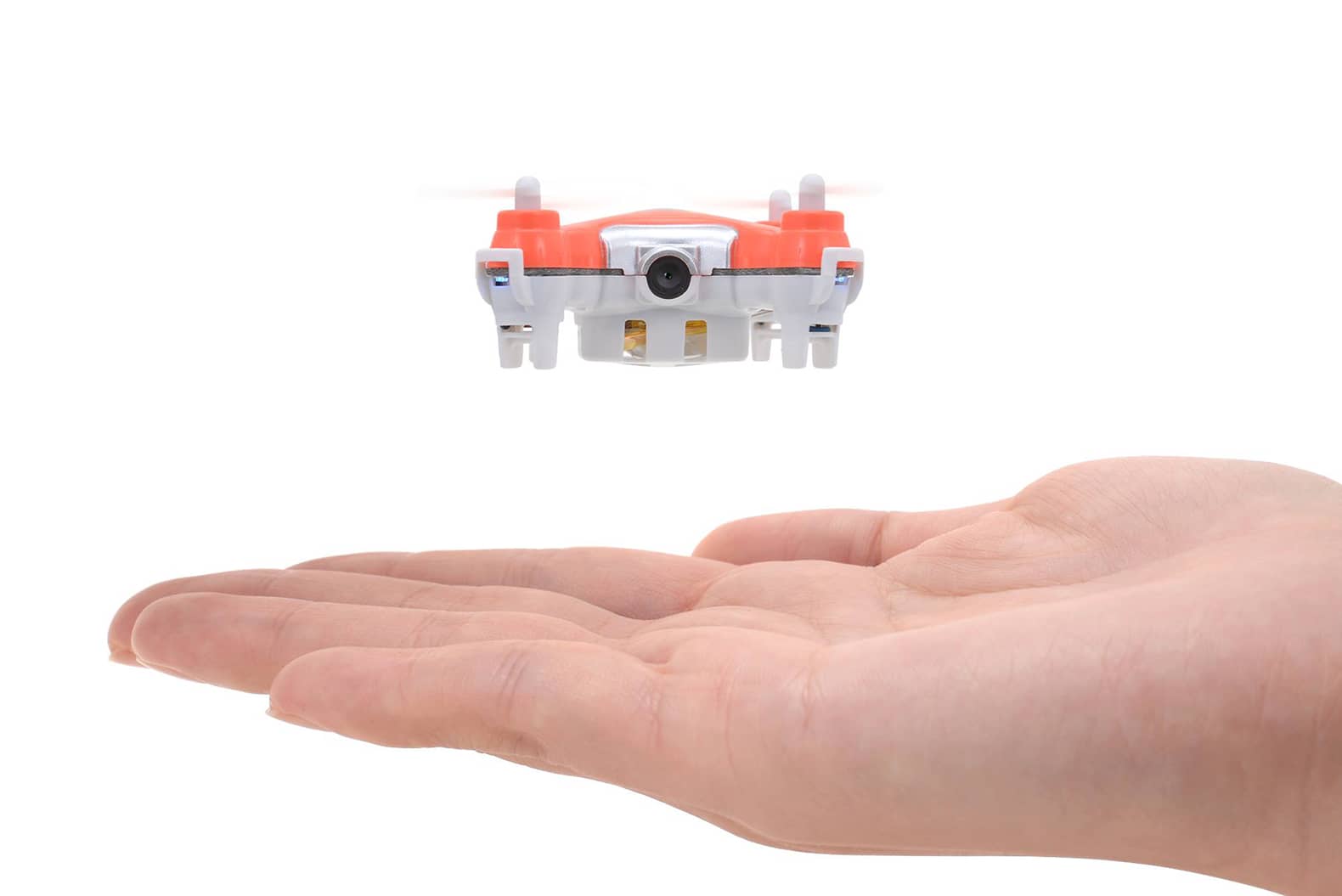Have you ever imagined what would happen if the bees went extinct? Ah! Thankfully no more stings but also no more honey. The same honey will be the least of your concerns if this happened for real and the bad news is that the bees have already made it to the list of endangered species. The bees are solely responsible for nearly 90% of all the edible plants that grow, and if all bees in the world die, humans just won’t survive. No bees, no pollination, no plants and no food for either humans or animals.

While the world bee population declines drastically, a team of engineers from National Institute of Advanced Industrial Science and Technology (AIST) has developed insect-sized drones that use a sticky gel to pollinate plants artificially and can potentially replace bees. Horse hairs are attached to the underside of the drones that brushes the pollen off any plant. But just brushing the pollen off the plant wouldn’t help pollination, would it? To make the pollen stick to the brush, the hairs are covered in a delicate coating of ionic gel that picks up the pollen at the tips. The gel is designed in such a way that it does not require force to either pick up or drop the pollen on to another plant.

The ionic gel was an accidental outcome of an experiment that had failed about eight years ago. What miracles do accidents bring!
These drones may have the potential to replace bees in the future, but until now, they have only been tested in lab environments, and they are not autonomous. The team, however, hopes that they will be of significant assistance in catering to the exponentially growing food demand of the world. The mission to make just a kilogram of honey results from visiting nearly 4.5 million flowers.
Nonetheless, even if we achieve successful autonomous pollination, the drones will need to be biodegradable and more importantly, not damaging to the natural pollinators. They will, however, be worked upon as an emerging technology, so we have to continue making serious efforts to keep our bees alive. They are crucial to our survival; the honey is just a bonus.
We would appreciate your feedback in the comments’ section below!


